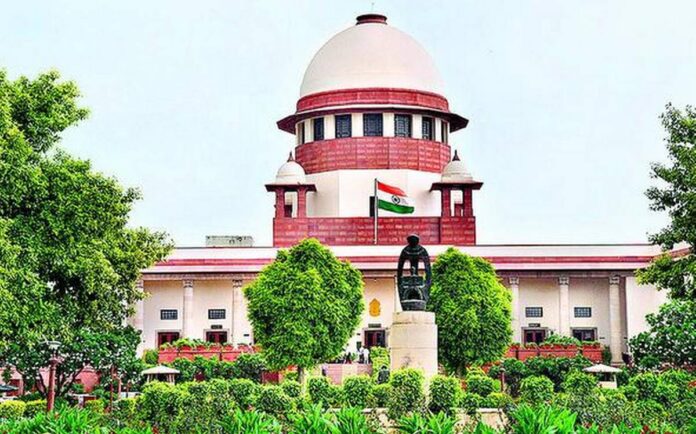A group of NEET-PG 2025 aspirants have approached the Supreme Court against the National Board of Examinations in Medical Sciences (NBEMS), challenging its new answer key disclosure mechanism. The petition, filed on August 28, questions the transparency and fairness of a “corrective notice” issued by NBEMS on August 21, which altered the way candidates can access their responses and answer keys.
Under the revised system, candidate responses and official answer keys are displayed only with reference to “Question ID Numbers” from a master set of the paper. Since the actual exam used shuffled sequencing of both questions and answer options, aspirants argue that the format leaves them unable to map their own attempts against the published keys.
The petitioners, all qualified doctors, said this system “frustrates the very object” of publishing answer keys, which is to allow candidates to verify responses, identify discrepancies, and raise objections. Instead, they contended, the Question ID-only disclosure is “illusory, non-verifiable and opaque,” violating the constitutional guarantees of equality and fairness under Articles 14 and 21.
Filed through advocate Satyam Singh, the plea clarifies that the candidates are not demanding re-evaluation of answer sheets. Their demand is confined to ensuring that the disclosure includes: the exact questions as attempted in sequence, the candidate’s marked responses, the official correct answers, and the marks awarded.
The plea highlights that other competitive exams, including IIT-JEE, CLAT, and AIIMS INI-CET, follow candidate-wise disclosure practices, enabling transparency and meaningful objection mechanisms. By comparison, the NBEMS model deprives medical graduates of clarity in one of India’s most competitive examinations, where thousands compete for limited postgraduate seats.
The petition also cites previous judicial directions on NEET-PG, where the Supreme Court had insisted on disclosure of raw scores, answer keys, and the normalisation formula. By departing from those practices, the new system, the aspirants argue, compromises the sanctity of the exam and undermines trust in its evaluation process.
The plea urges the apex court to declare the NBEMS corrective notice unconstitutional to the extent it mandates only Question ID-based disclosure. It also seeks directions to ensure that actual candidate-wise question sequences, responses, and corresponding correct answers are published, alongside a proper mechanism to raise objections.
For thousands of medical graduates waiting for postgraduate admission outcomes, the Supreme Court’s decision could have significant consequences. If the plea succeeds, it may force greater transparency across national-level entrance exams, reaffirming candidates’ right to a fair and verifiable evaluation system.





